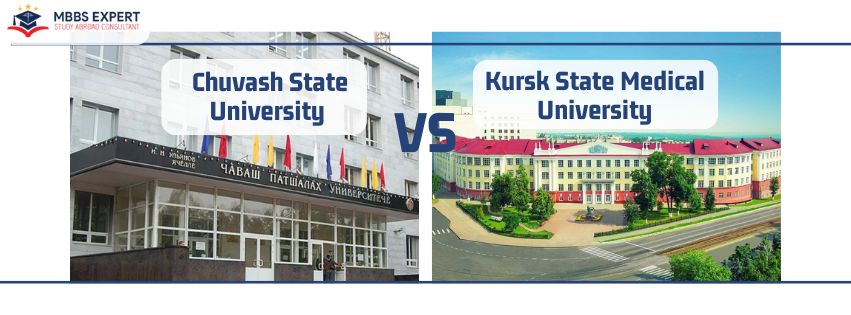Study MBBS at Ingush State University, Russia – Your Gateway to an Affordable Medical Education…
How can I acquire a full grant to study in UK?
![]()
How can I acquire a full grant to study in UK?
Acquiring a full grant to study in the UK typically involves several steps and considerations. Here’s a comprehensive guide to help you navigate the process:
1. Research Available Grants
- Government Scholarships: Many governments offer scholarships and grants to their citizens for studying abroad. Check with your country’s education ministry or relevant government agencies for available opportunities.
- University Scholarships: UK universities often provide scholarships and grants to international students based on academic merit, financial need, or specific criteria related to the course of study.
- External Funding: Explore scholarships offered by international organizations, foundations, and corporations that support education and research.
2. Identify Eligibility Criteria
- Academic Qualifications: Most grants require a strong academic record. Ensure your qualifications meet or exceed the minimum requirements specified by the grant provider.
- English Language Proficiency: Depending on the grant, you may need to demonstrate proficiency in English through tests like IELTS or TOEFL.
- Specific Requirements: Some grants may have specific eligibility criteria related to your field of study, nationality, or financial status. Review these requirements carefully before applying.
3. Prepare Application Materials
- Personal Statement: Write a compelling personal statement that highlights your academic achievements, career goals, and reasons for applying for the grant.
- Letters of Recommendation: Obtain letters of recommendation from professors, employers, or other professionals who can attest to your academic abilities and character.
- Financial Documentation: Some grants require proof of financial need. Prepare documentation such as bank statements or income certificates as required.
4. Apply for Grants
- Early Preparation: Start researching and applying for grants well in advance, as deadlines can vary. Some scholarships have application deadlines up to a year before the start of the academic year.
- Complete Applications: Follow the application instructions carefully and ensure all required documents are submitted correctly and on time. Late or incomplete applications may not be considered.
5. Interview Process
- Selection Criteria: If shortlisted, you may be invited for an interview as part of the selection process. Prepare for the interview by researching the grant provider and articulating why you are a suitable candidate.
6. Acceptance and Preparation
- Acceptance Offer: If awarded the grant, carefully review the terms and conditions of the award and formally accept it according to the grant provider’s instructions.
- Visa and Immigration: Arrange for a student visa (Tier 4 visa for most students) and ensure compliance with UK immigration requirements. Check the specific visa requirements and application process on the UK government’s official website.
7. Post-Award Requirements
- Maintain Eligibility: Fulfill any ongoing requirements to maintain eligibility for the grant, such as maintaining a certain GPA or progress in your studies.
- Network and Engage: Take advantage of networking opportunities provided by the grant to connect with peers, mentors, and professionals in your field.
Additional Tips:
- Seek Guidance: Consult with your university’s international office, guidance counselor, or education advisor for assistance with the application process and finding suitable grants.
- Stay Informed: Regularly check official websites, scholarship databases, and newsletters for updates on new grant opportunities and deadlines.
By carefully researching, preparing strong applications, and meeting all requirements, you can increase your chances of acquiring a full grant to study in the UK. Each grant has its own unique criteria, so tailor your applications accordingly and be persistent in your pursuit of funding opportunities.





